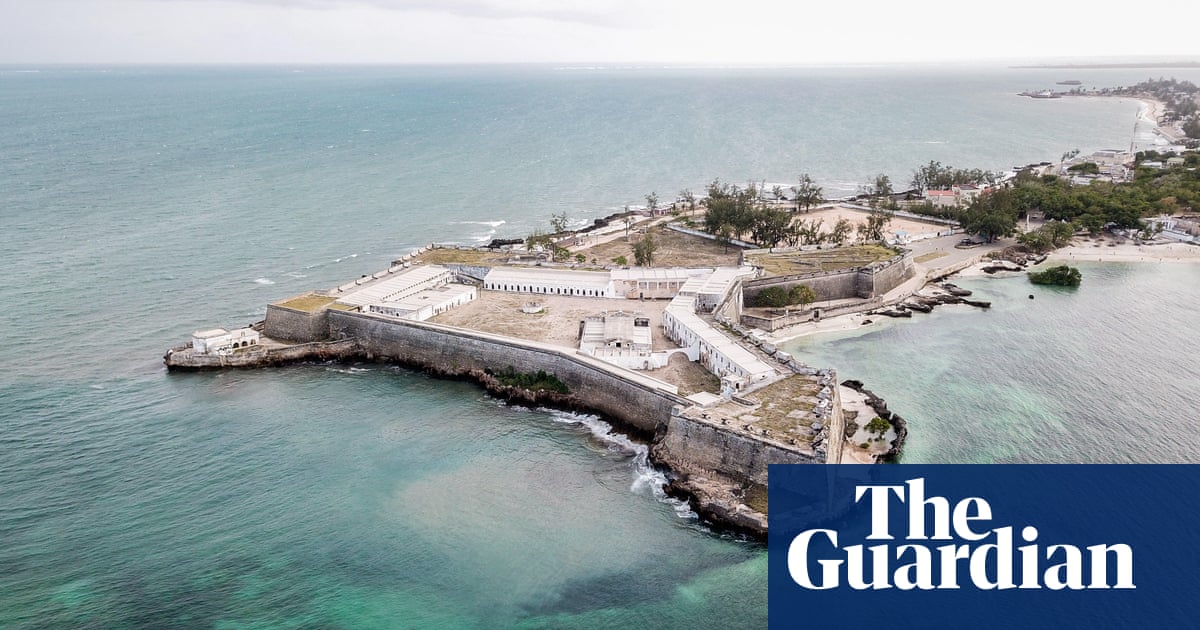Disinformation over a cholera outbreak has been blamed for the deaths of almost 100 people after an overcrowded makeshift ferry sank off Mozambique.
At least 96 people, many of them children, drowned with another 26 still missing after the converted fishing boat capsized late on Sunday.
Officials said the vessel was crowded with panicked passengers attempting to flee the mainland after the spread of false narratives over the disease.
The authorities, however, did not elaborate on the origin of the disinformation.
Mozambique, one of the world’s poorest countries, is no stranger to fatalities caused by the deliberate spread of false information relating to cholera.
In January a wave of disinformation about the causes of cholera led to the murder of at least three community leaders and the destruction of 50 houses in the northern Mozambican province of Cabo Delgado.
Conspiracy theories have gained traction at a time when the southern African country is battling a genuine cholera outbreak with, according to government data, almost 15,000 cases of cholera and 32 deaths recorded since October.
Nampula province – whose coastline the ferry sank off – is the worst affected region, accounting for a third of all cases.
Officials said the vessel was trying to reach the Island of Mozambique in order to escape reports of the disease.
Jaime Neto, the secretary of state for Nampula province, said: “Because the boat was overcrowded and unsuited to carry passengers, it ended up sinking,” adding that many children were among the dead.
Unverified videos posted on social network X showed many bodies lying on an unidentified beach with some people carrying the bodies of children.
The vessel was an overloaded fishing boat and was not licensed to transport people, Lourenco Machado, an administrator of the Maritime Transport Institute, Instrasmar, said on state television on Monday.
The island of Mozambique, a trading-post on the route to India, initially used by Arab merchants, was claimed for Portugal by famed explorer Vasco da Gama and gave its name to the country.
Hosting a fortified city and linked to the mainland by a bridge built in the 1960s, the island is listed as a world heritage Site by the UN’s culture agency, Unesco.
Mozambique – which has a long Indian Ocean coastline – was a Portuguese colony until independence in 1975.
With almost two-thirds of the population living in poverty, the country has set high hopes on vast natural gas deposits discovered in Cabo Delgado, in the north, in 2010.
But an insurgency since 2017 waged by militants linked to the Islamic State group has stalled progress. More than 5,000 people have been killed and almost 1 million forced to flee their homes since fighting began.
Crédito: Link de origem





Comentários estão fechados.